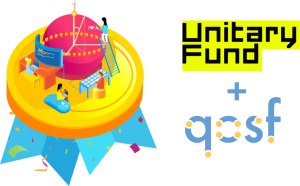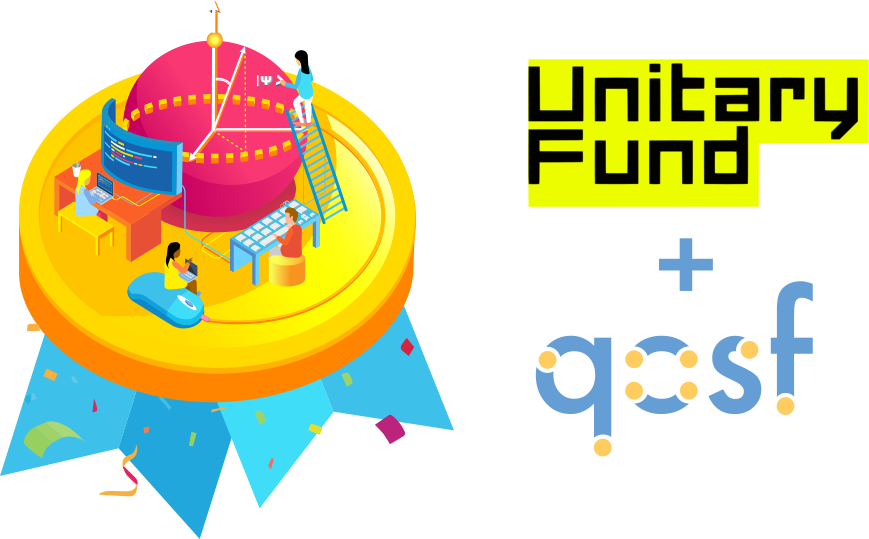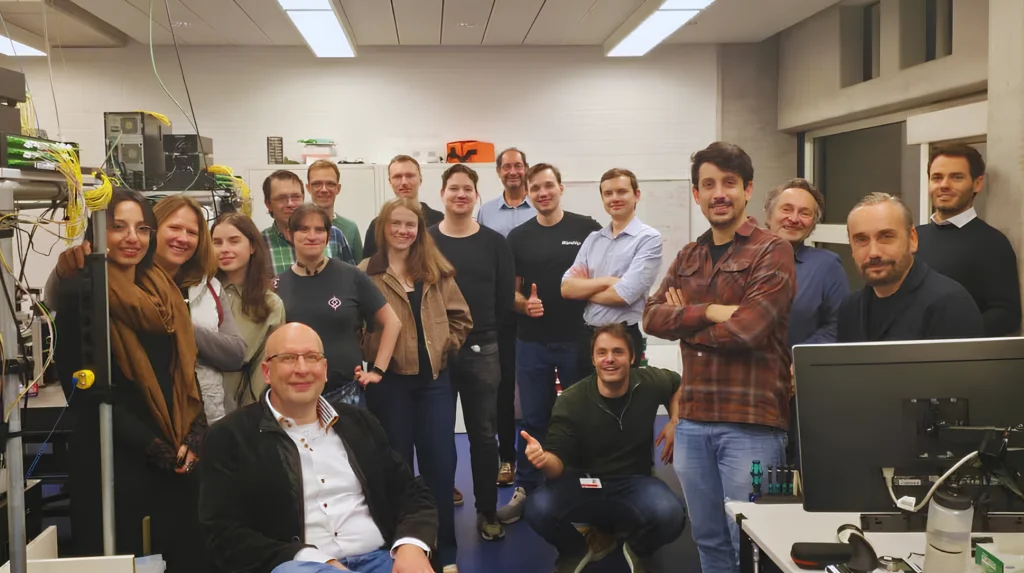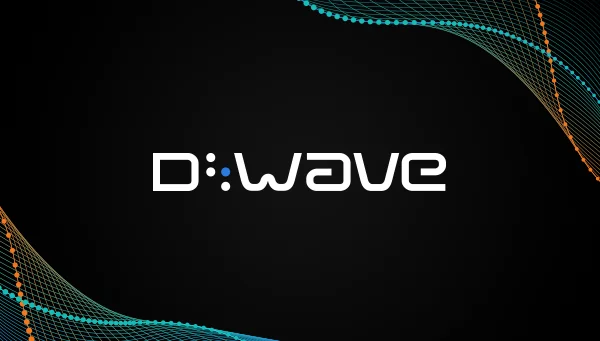
The Quantum Open Source Foundation and Unitary Fund have initiated a prize that they say is aimed at creating a diverse, inclusive community of quantum programmers, developers, entrepreneurs and enthusiasts, an effort that was championed by the prize’s namesake, quantum pioneer Peter Wittek.
Together the groups are launching The Wittek Quantum Prize, a US $4,000 prize dedicated to celebrating open source software contributors in the quantum computing space, said Mark Fingerhuth, a core team member of QOSF.
“We hope for this prize to encourage people to contribute towards building the open source technology stack for quantum, celebrate people that are making a difference in the community,” said Fingerhuth. “We also hope that the prize will popularize best practices in open source software and software engineering.”
Besides the ethical reasons of promoting diversity, the organization’s leaders believe that the prize will ignite the real power of diversity: sparking innovation and adoption, two things that are critical to make quantum technology thrive.

“To fulfill the promise of quantum technology, we need more ideas and more creative people.,” said William Zeng, founder of the Unitary Fund. “Open source can drive this, making cutting edge technology global and accessible immediately.”
People can nominate individuals who have had a substantial impact on the quantum open source ecosystem. The team said that, ideally, this person is someone who may have gone unnoticed, but who deserves to be highlighted for their enthusiastic & diligent support of open quantum software. They add that people can nominate themselves — just navigate to the nomination form.
Prize Honors Quantum Computing and Open Source Pioneer
The prize is named after Peter Wittek, a quantum computer expert, open source advocate, and founding member of the Quantum Open Source Foundation. Wittek disappeared during an avalanche on Mount Trishul in the Himalayas.
In a Medium post, QOSF’s Tomáš Babej paid tribute to his friend.“His passion for open source manifested in his professional life as well,” wrote Babej. “Peter was a strong advocate of open source software (OSS) in research, talking about the role of OSS in reproducible research at many conferences. He practiced what he preached by meticulously releasing code along with his publications, developing open source tools and libraries and even open sourcing his popular edX Quantum Machine Learning course.”
The open access journal Quantum published a memorial to Peter.
Building the Quantum Ecosystem with Open-Source
According to Fingerhuth, the prize quantum software ecosystem is currently very fragmented since almost every hardware company has developed their own unique programming languages, both high- and low-level.
“For example, IBM has developed Qiskit & QASM whilst Rigetti is using PyQuil and Quil and, on top of that, several quantum research groups have also developed their own languages,” said Fingerhuth. “This makes it very difficult and cumbersome for a developer to port an algorithm from one platform to another. As a result, people started developing libraries that convert from one language to another. Our goal is to bring together the big players from industry and academia and work together towards the creation of certain standards, for example, a unified low-level quantum assembly language that can be ported across different hardware architectures.”
The organizers said that the success of other open source projects offers some evidence that QOSF can help build the quantum community and extends its ability to benefit society. Fingerhuth said that open-source has driven the growth of machine learning.
“The entire modern ML ecosystem is built on top of open source technologies, and to a non-negligible extent is responsible for the pace of innovation in the field — such as Tensorflow, PyTorch,” he added. “These are now large projects with commercial backing, but in the early days of deep learning, the most available ML libraries were built by volunteers and open sourced, which helped others to adopt the innovations.”
Organizers report the Wittek Quantum Prize will be awarded annually.
“We are also considering expanding the scope beyond software contribution or awarding multiple awards, for example, for educational material, community building, etc., in the upcoming year,” said Fingerhuth. He added that the organization also launched the second edition of their popular quantum mentorship program that pairs up quantum enthusiasts with experts from academia and industry to work on a 3-months project.
The first cohort produced some impressive output, according to Fingerhuth.
Read more about the 2020 Wittek Quantum Prize on the website of the Quantum Open Source Foundation.
If you found this article to be informative, you can explore more current quantum news here, exclusives, interviews, and podcasts.















